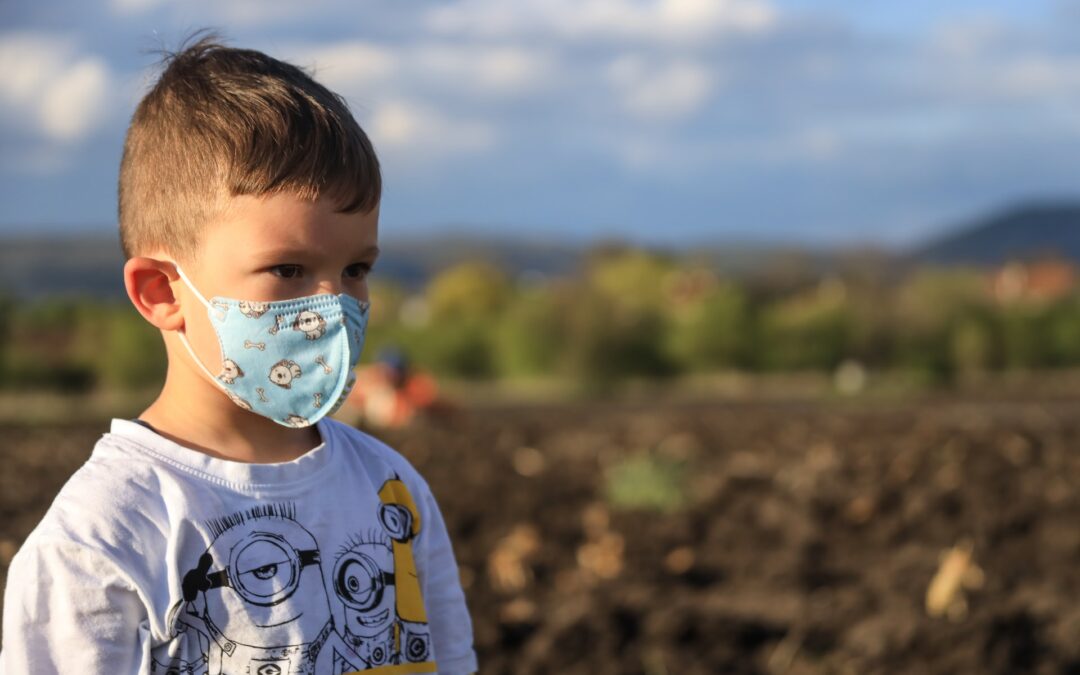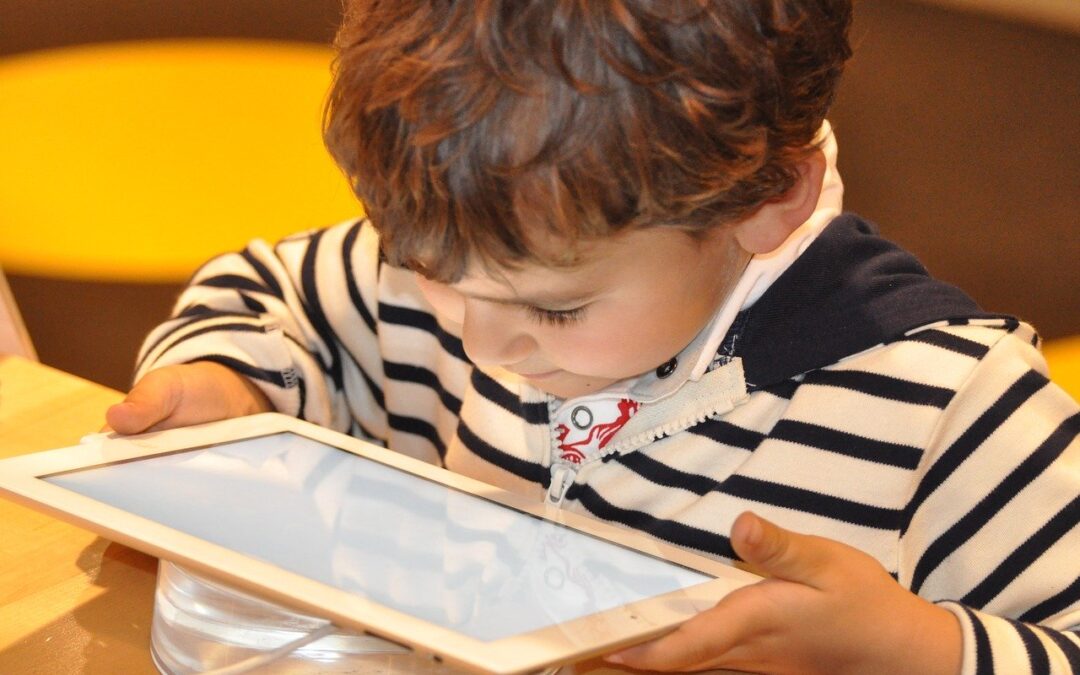
by The Children's Treatment Center | May 21, 2020 | General
Never before in modern memory has the human race been faced with such a stressful and anxiety provoking foe. The novel coronavirus or COVI-19 has resulted in untold emotional unrest and fear among all nations and peoples of our world. There has been a lot of talk...

by The Children's Treatment Center | May 20, 2020 | General
Schools have been closed for the last couple of months since the coronavirus pandemic began to spread across the country. Stories about the virus’ effects and death rates abound on the news and on social media. Usually, we wouldn’t expect children to be too affected...

by The Children's Treatment Center | May 1, 2020 | General
The virus pandemic has certainly had an impact on all of us. Not being able to meet with my patients in person has required a major clinical adjustment. Thankfully, telemedicine has provided me with the ability to provide necessary ongoing treatment. But I also know...

by The Children's Treatment Center | Mar 16, 2020 | General
We hope that you, your children and families are doing well in the midst of this unprecedented time. After carefully considering the CDC guidelines, we at The Children’s Center have decided that we will no longer be conducting therapy in our office at this time....

by The Children's Treatment Center | Feb 10, 2020 | General
We are all so “connected” nowadays. Everywhere you look, you see people of all ages engrossed in the online world. Children are asking for cellphones at younger and younger ages, while parents often seem so attached to their devices that they barely pay attention to...






